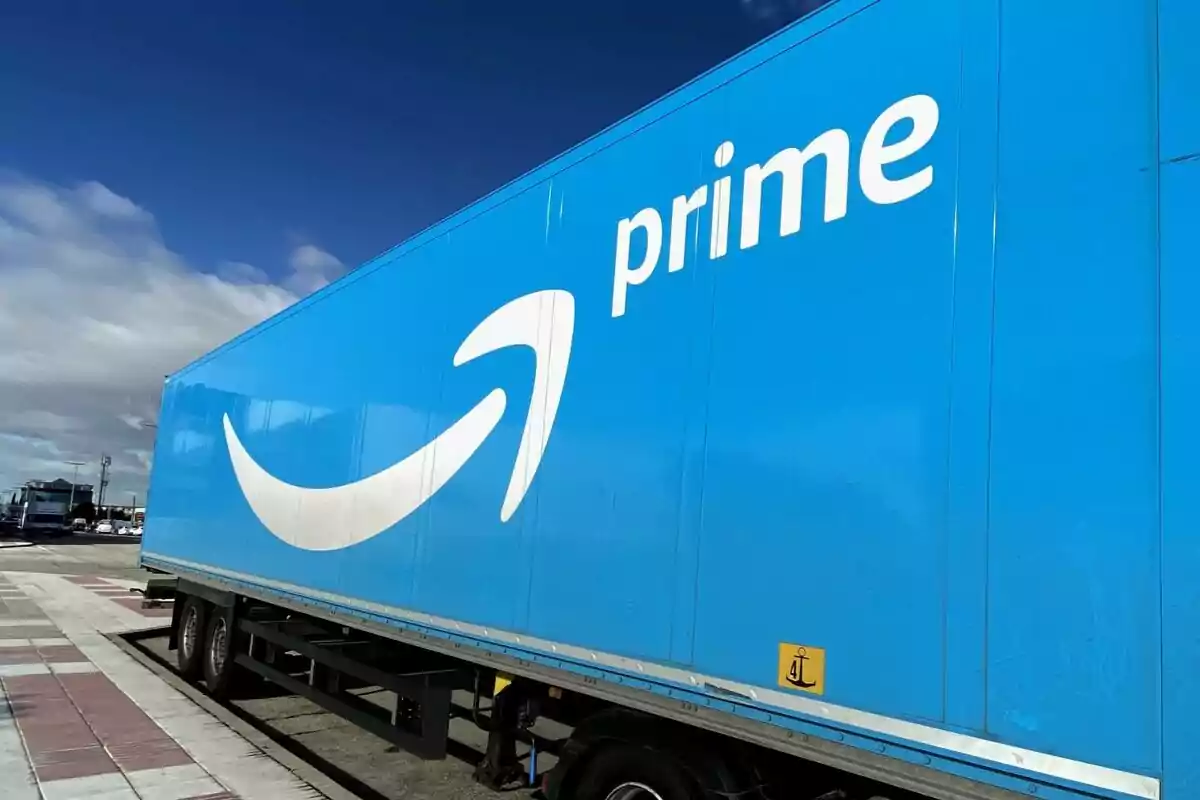Walmart is one of the most popular and well-known supermarket chains in the United States. Every week, millions of customers visit their stores, spread throughout the country, to buy everything they need. Meanwhile, the company always tries to surprise them, and this time has copied a strategy that could work very well.
Specifically, Walmart has started offering refunds without requiring the return of the purchased product. This isn't a new measure, because Amazon already implemented it in the past with considerable success. However, it's still surprising that a retail giant is joining this type of initiative.

This move is changing the way shoppers interact with online retailers and promises to transform the shopping experience. The strategy is quickly gaining ground, and it's no longer unusual for customers to receive a full refund without having to return the item.
Refunds without return: a new trend
The practice of offering a refund without return has become more common. It's aimed at low-cost products that are difficult to resell or expensive to return. Although it may seem like a generous gesture, this strategy has very clear business reasons.
The process of returning products can be costly. It involves covering shipping expenses and product inspection. When the cost of an item is less than $20, the return process can exceed the value of the product.
An efficient measure for retailers
For inexpensive products, it's not always worth processing the return. Companies like Amazon and Walmart have decided to offer a full refund without requesting the return. This saves time and money, benefiting both the retailer and the customer.

In addition to the savings, this policy has a positive impact on the relationship with customers. When a shopper receives a hassle-free refund, they're more likely to shop again. This strategy not only saves costs but also increases customer loyalty.
Other companies adopt the same practice
Other retailers, such as Target and Chewy, are also adopting this strategy. In many cases, this option only applies to low-cost products. However, it's not a right for consumers, but rather offered selectively.
It's likely that the model of refunds without return will expand even further in the coming years. As more retailers implement this practice, it could become a standard in e-commerce. This strategy of cost optimization and customer satisfaction could change the landscape of returns.

Although this option is beneficial for both sides, it must be used responsibly. Retailers don't allow abuse of the system, and customer accounts can be flagged if there's abuse. Some companies, such as Chewy, even suggest donating unwanted products to local shelters.
For all these reasons, refunds without return aren't just a cost-saving tactic for retailers. They're also a way to build customer loyalty, as customers perceive this gesture as added value. If other companies follow the example of Walmart and Amazon, this type of policy could become the standard in the near future.

